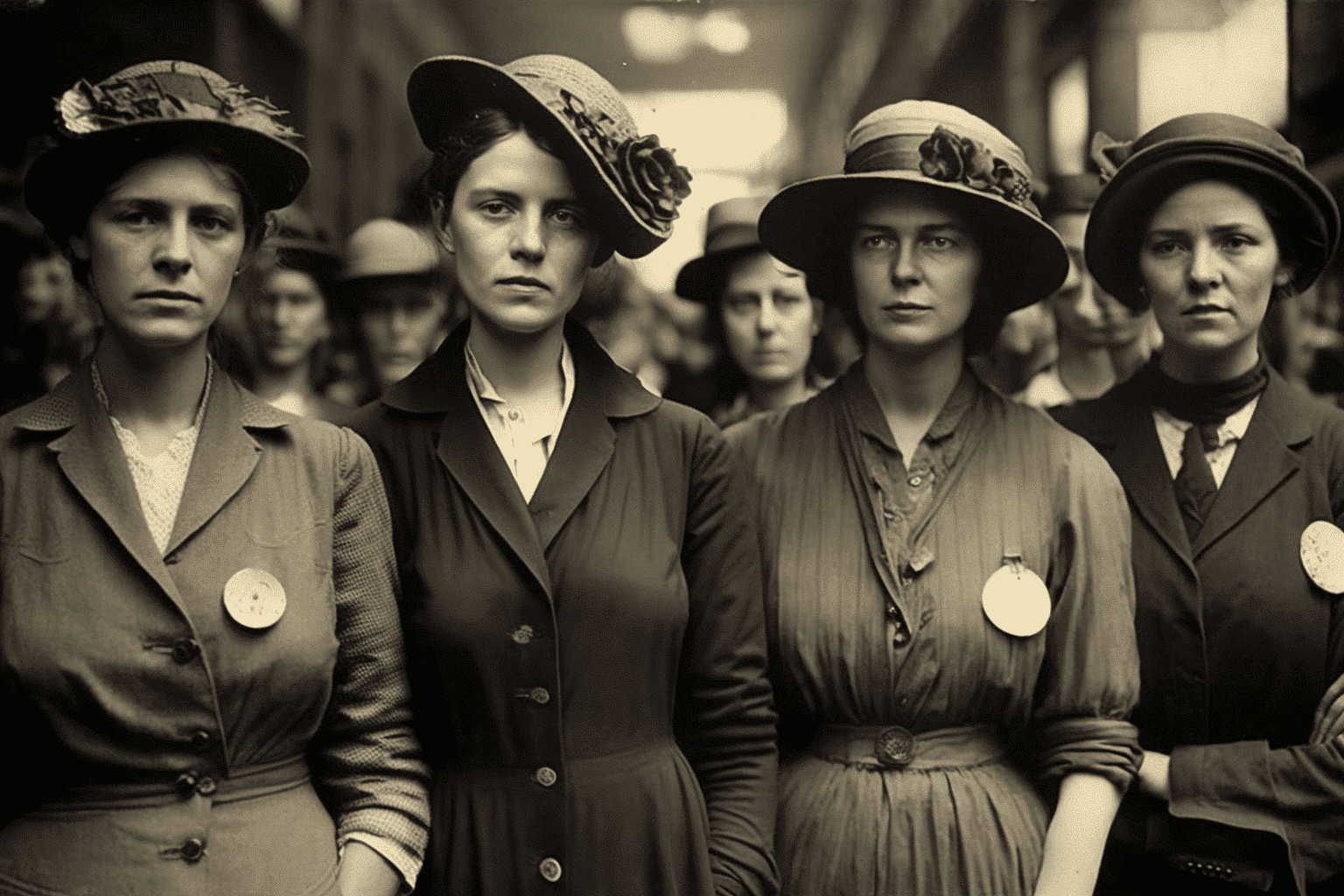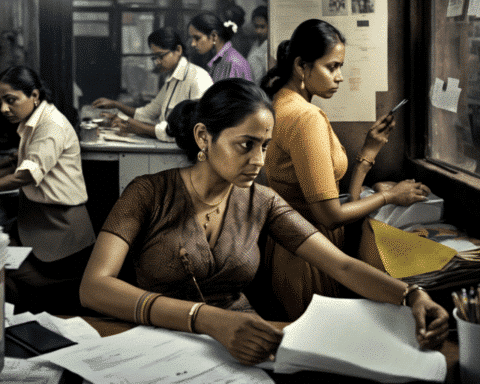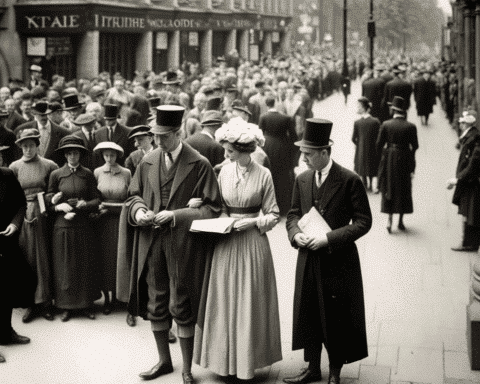Confetti and fireworks collected during an 1897 street protest in Cambridge against women’s rights to receive university degrees are set to be digitized for public access. The protest was led by male students who opposed gender equality in education.
These artifacts have been stored in a box at Cambridge University Library, where they will now be photographed and archived. Archivist Sian Collins describes the items as “a significant and physical connection” to the historic protests.
The digitization process, which may include 3D imagery, is particularly relevant as it coincides with the centenary of the first votes for women in the UK. In the 1870s, women were allowed to attend lectures at Cambridge only at the discretion of individual academics. They were granted the right to sit exams in 1881 but were not awarded degrees.
Votes to grant women full degrees were held in 1897 and 1921 but were accompanied by heated street protests, including one where a woman’s puppet on a bike was mutilated in the Market Street area. Women did not achieve full membership at the university until 1948.
The box containing the artifacts, including rocket fireworks and eggshells wrapped in confectionary paper, was donated to the university in 1921. Sian Collins, an archivist with the library’s Department of Archives and Modern Manuscripts, emphasizes the importance of these materials as they provide “a significant and real physical connection to 1897.”
Before digitizing and adding to the university’s Cambridge Digital Library online archive, tests will be conducted on the confetti and rockets.
The digitization project aims to preserve and share this vital piece of history, highlighting women’s challenges in pursuing equal educational opportunities. By making these artifacts accessible through the Cambridge Digital Library, the university seeks to encourage further research, discussion, and reflection on the historical struggle for women’s rights in higher education.
Cambridge University has come a long way since these protests, with significant progress in promoting gender equality and diversity within its academic community. As of 2021, the university reported that women constituted approximately 45% of its undergraduate student population, and efforts are ongoing to increase representation and support for female students and faculty members.
The digitization of these artifacts serves as a reminder of the progress achieved in the fight for women’s rights and the importance of continuing to work toward gender equality in education and beyond. By providing public access to these historical objects, the university hopes to foster a greater understanding and appreciation for the sacrifices and achievements of those who paved the way for women in academia today.




